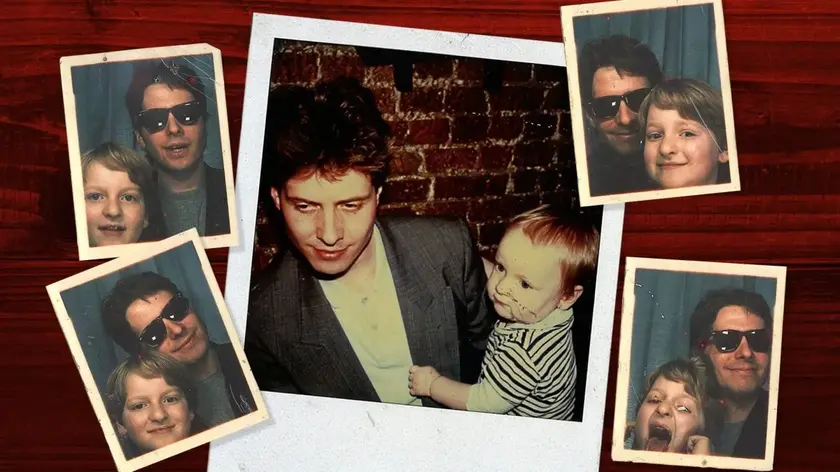T4K3.news
Sudden Hearing Loss Linked to Viral Illness
A personal account shows how sudden sensorineural hearing loss can follow a viral infection and the challenges of treatment and hearing aid use.
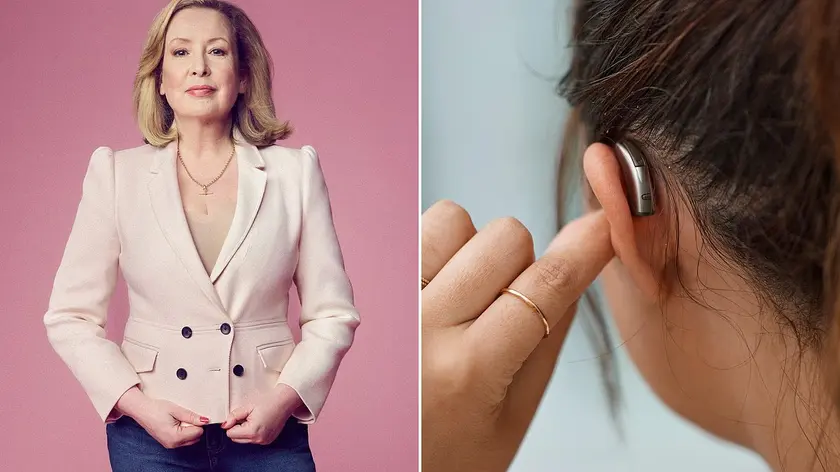
An account of sudden hearing loss after a viral infection highlights medical delays, treatment questions, and life with hearing aids.
Sudden Hearing Loss Reveals Hidden Link Between Viral Illness and Deafness
Claudia Connell woke one morning to complete deafness after a visiting relative fell ill with a mystery virus. She describes hearing only loud sounds while higher pitched noises vanished, and a visit to urgent care led to an ear infection diagnosis and antibiotics. An MRI later ruled out a brain tumor, and doctors identified sudden sensorineural hearing loss as a rare, lasting consequence of the viral illness. The window for steroid treatment is crucial, but in her case the opportunity was missed, and the nerve damage proved permanent. After seven months on the waitlist for NHS hearing aids, she learned to navigate conversations in noisy spaces and to accept a new daily routine with amplification.
Getting hearing aids changed life in small, intense ways. The first moment of sound relief was tempered by the reality that music now sounds tinny and daily noise can feel overwhelming. She worries about further deterioration and considers options such as lip reading or invisible hearing aids, which cost around £2,000. The story highlights how health systems, costs, and access to care shape outcomes for people with sudden hearing loss, and it asks readers to consider how society supports those who lose a sense of connection.
Key Takeaways
"It's not coming back, Claudia."
Doctor's blunt prognosis during diagnosis.
"The nerve damage is permanent."
Final medical verdict on the left ear.
"I was misdiagnosed with an ear infection."
Patient experience at urgent care.
"Hearing aids open a fragile future and a new way to hear."
Claudia's reflection on life after diagnosis.
This piece spotlights a gap between medical knowledge and everyday care. Sudden hearing loss is often treated as urgent, but treatment delays persist in many systems. Faster steroid therapy, clearer patient guidance, and quicker access to devices can change outcomes. The personal voice also reminds readers that hearing health intersects with mental well being and social participation, not just medical statistics. It raises questions for policymakers and clinicians about patient centered care and the emotional toll of sensory loss.
The broader message is clear: quicker pathways for diagnosis and affordable devices matter. The piece invites readers to think about how to balance clinical urgency with real world constraints, and how to support families who navigate a new normal after life changing sensory loss.
Highlights
- A morning soundscape can flip to silence in an instant
- The brain learns to listen in a new way when sound returns
- Hearing loss reshapes everyday trust in conversations
- Speed matters in treating sudden hearing loss and protecting hearing
Hearing health deserves timely care and dignity for every patient.
Enjoyed this? Let your friends know!
Related News

Sudden hearing loss affects 15,000 annually in the UK
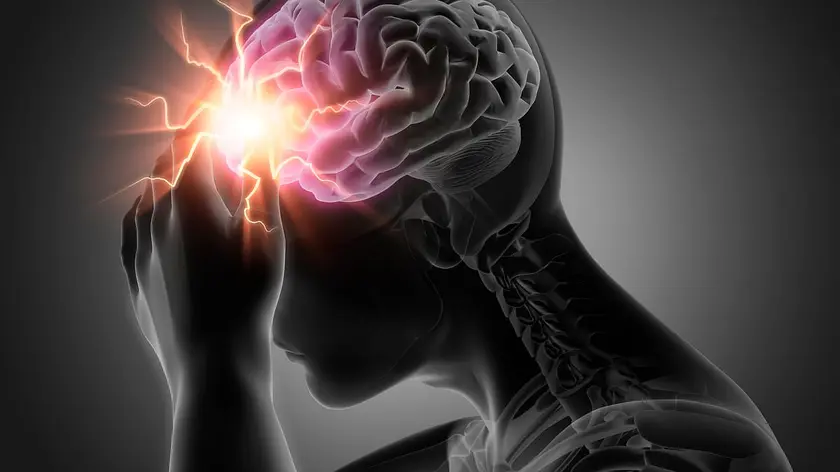
Neurologist warns about stroke risks from daily habits
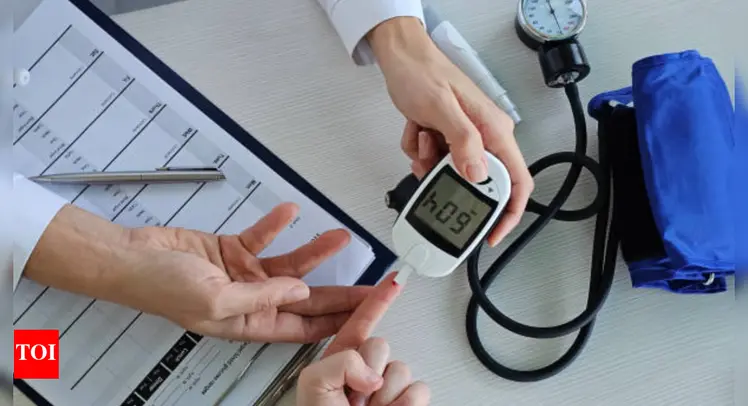
Link found between sudden diabetes and pancreatic cancer
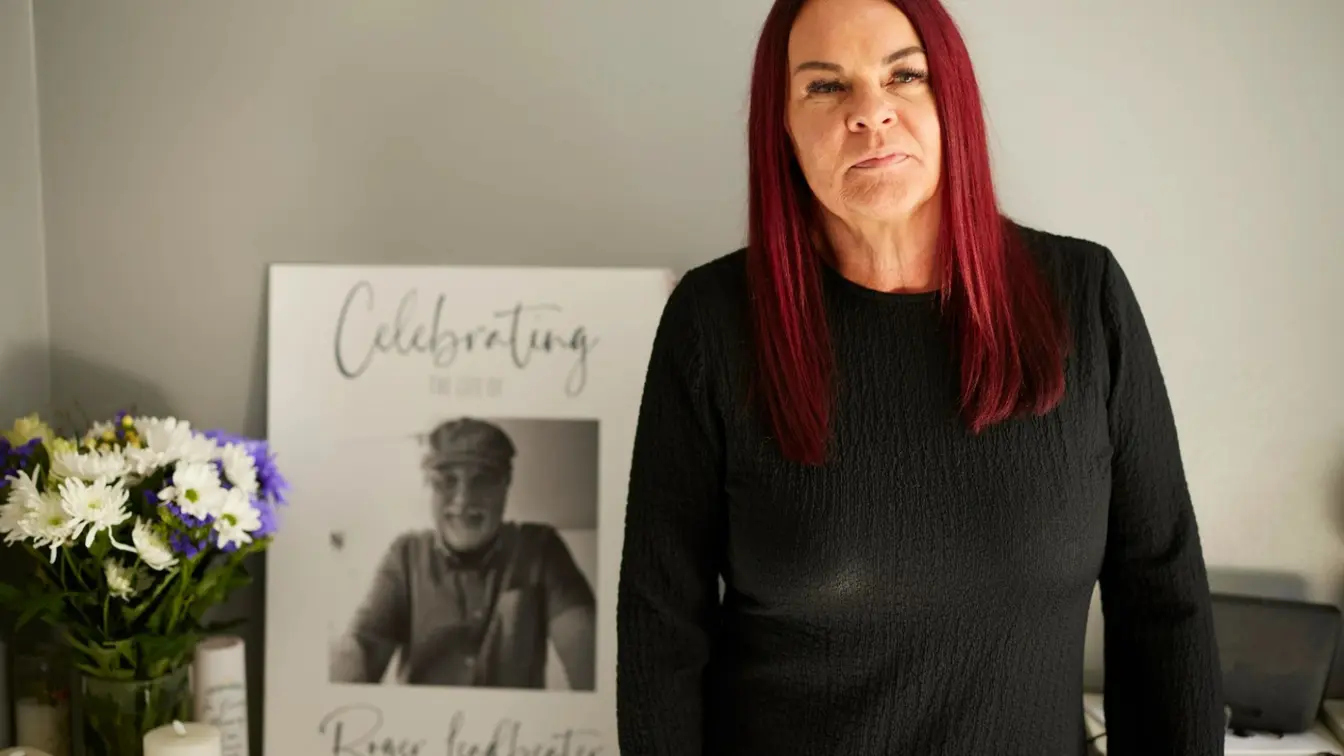
Murder linked to cannabis highlights safety concerns

Zinc Deficiency Symptoms Identified

Frank Grimes dies aged 78

Hair loss linked to weight loss jab raises concerns

Kym Marsh shares family tragedy
